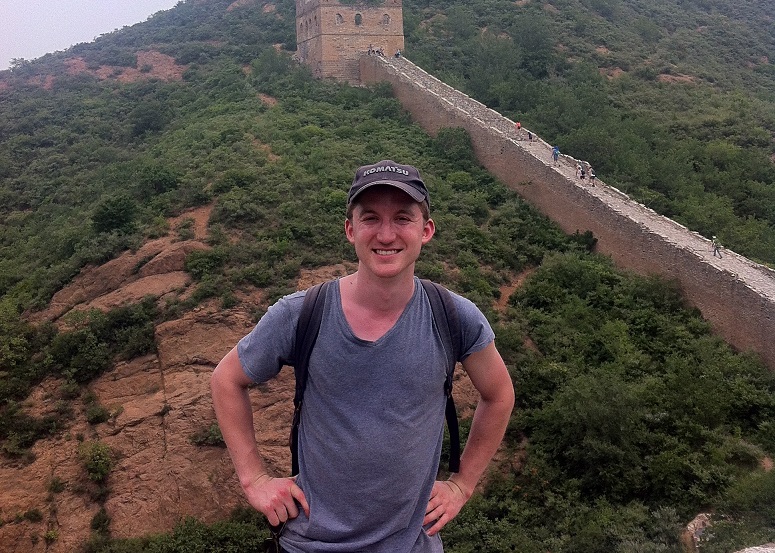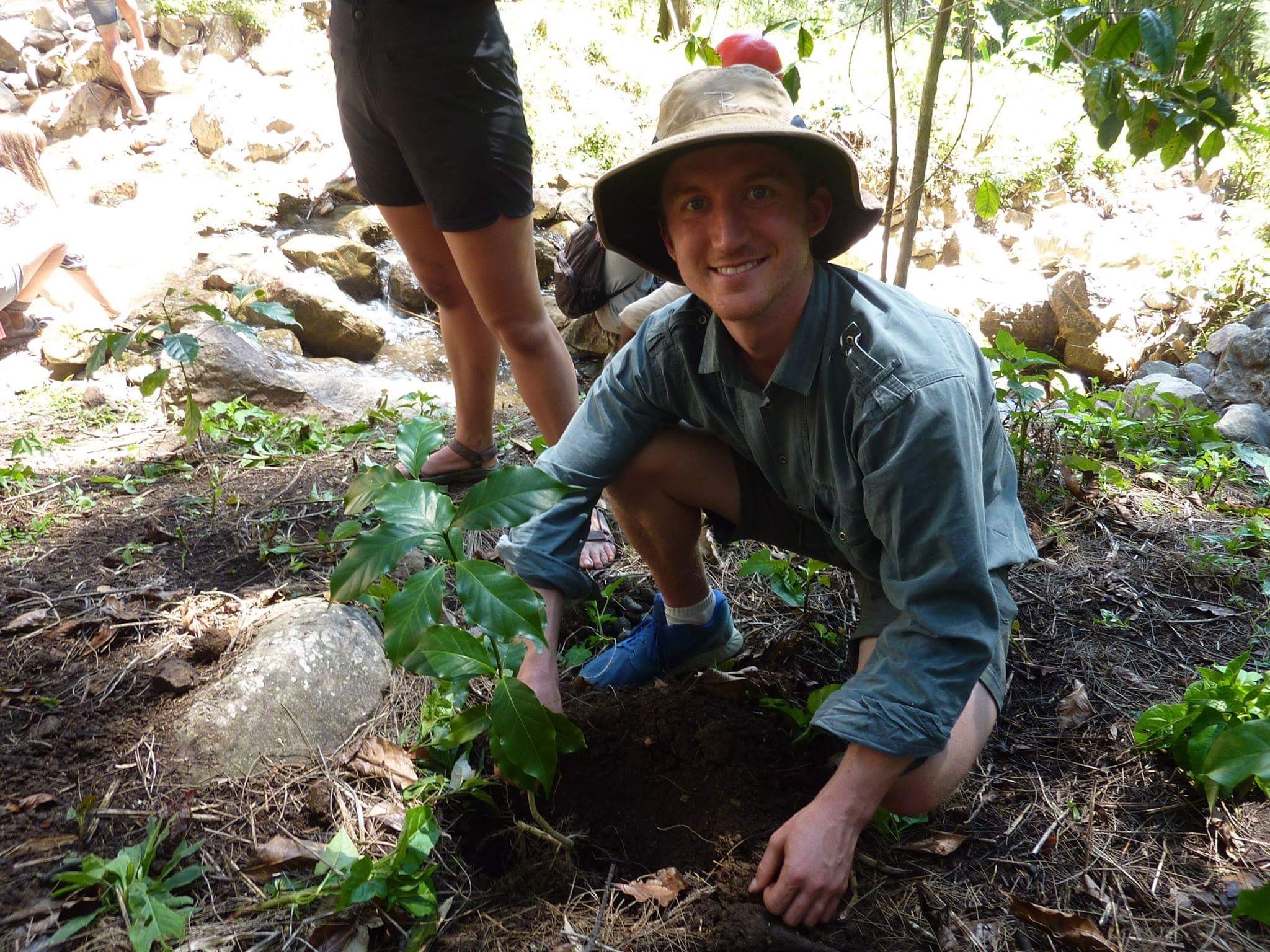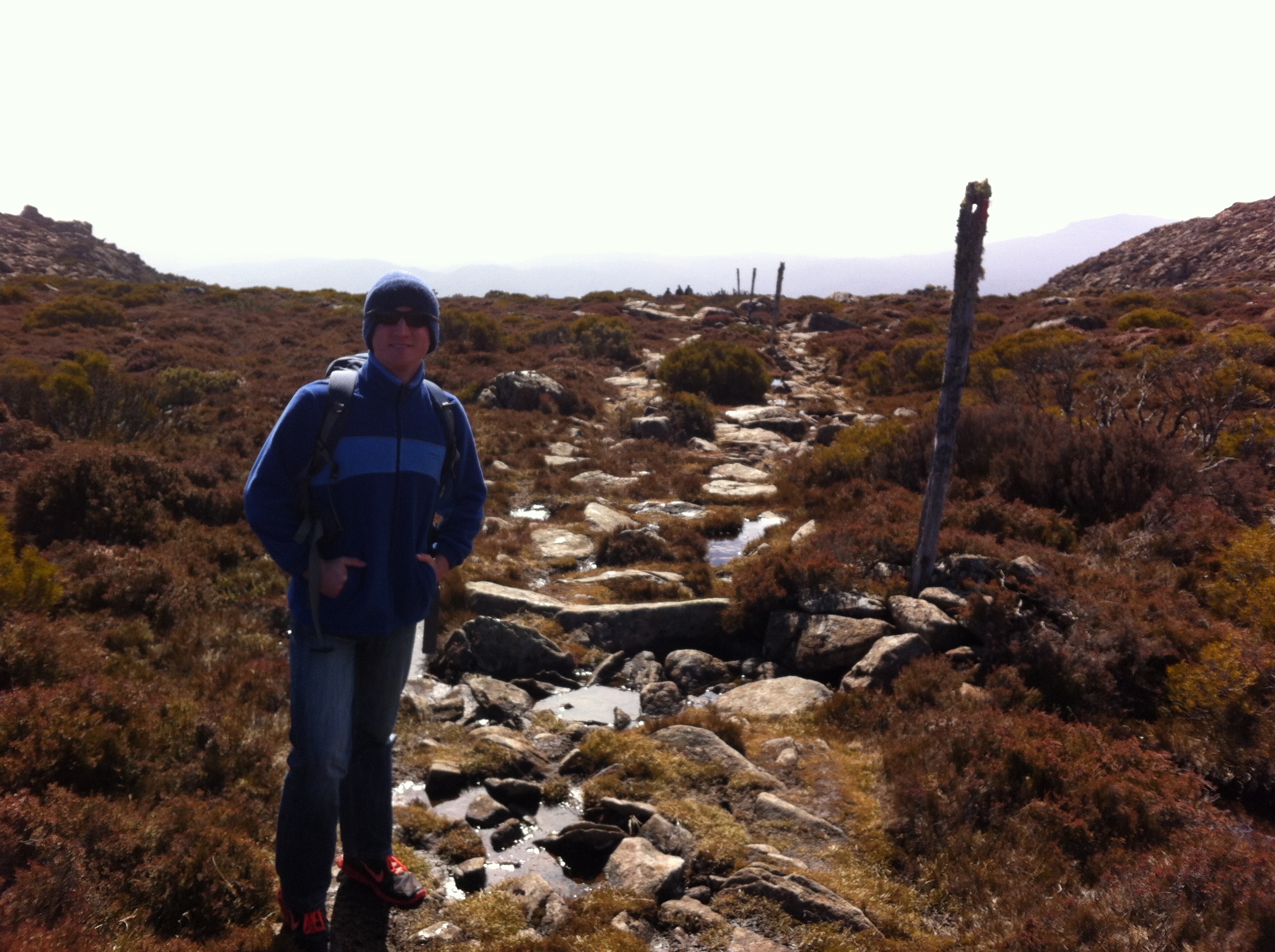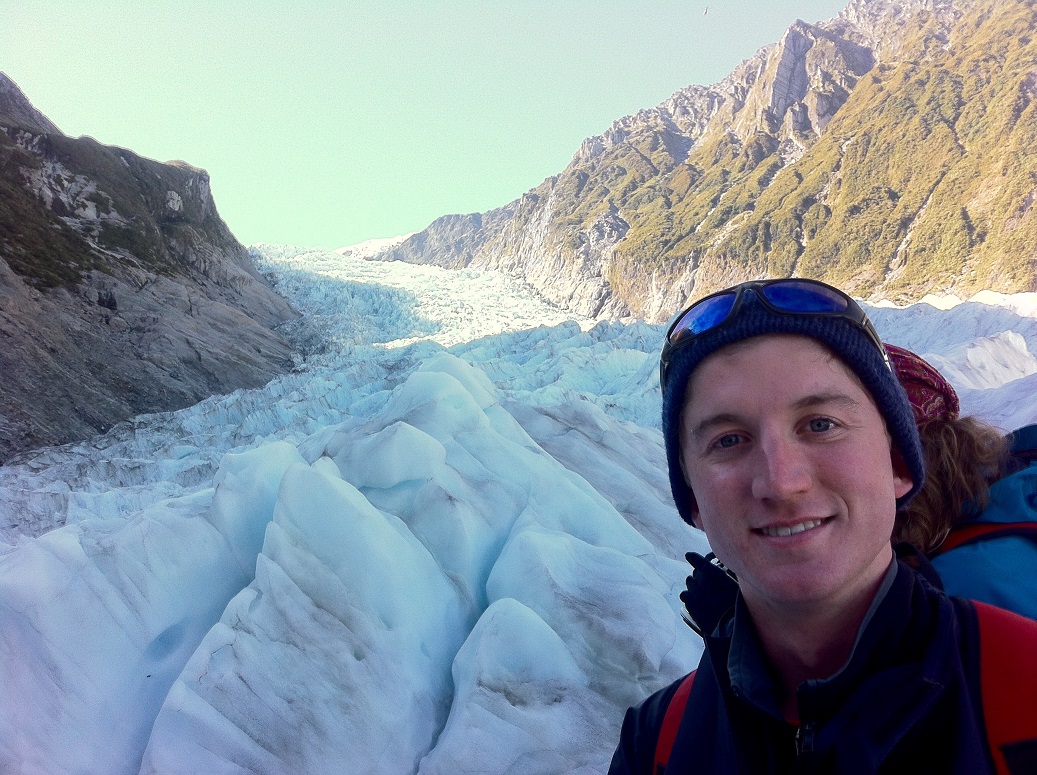How my international experiences shaped my career path
My name is Ben Howes and I have graduated from the Bachelor of Science at the University of Melbourne. My course experiences have taken me from ancient Tasmanian rainforests, to rural Chinese hydroelectric dams, from East Timorese coastal villages to measuring glacial retreats in New Zealand!
My Bachelor of Science journey has been incredibly diverse; I began with an interest in health, engaging strongly with Life Sciences in first year and second-year Anatomy and Physiology, with the intention of pursuing the Doctor of Physiotherapy. Then I took a gap year and worked as an Outdoor Educator in Anglesea, on the Victorian Surf Coast. Spending the year teaching diverse students from across the world, I realised I loved learning about the relationships between people and the environment - particularly climate change resilience; I returned to University passionate about exploring this area and after seeking support, I changed my major to Geography!
Geography is a wonderfully dynamic discipline that explores relationships between society and environment. Within my degree, I have been grateful to have travelled locally and internationally in learning more about the incredibly diverse ways in which these relationships evolve across the globe. In brief, let me share my international travel experiences within the Bachelor of Science; it’s dynamic, flexible structure allowed me to incorporate so much international travel, without ever going on exchange!
China Field Class: I travelled to China with a research team, investigating the effects of air pollution on city dwellers by crafting a bilingual research project. We travelled across major Chinese cities, interviewing hundreds of research participants and learning about water management systems, i.e. hydroelectric systems and how these infrastructure projects have affected domestic migration and societal practice.

(Hiking along the Great Wall of China)
East Timor Field Class: To learn more about the societal impacts of climate change, I travelled to Timor Leste (East Timor), meeting innovative communities who face complex economic and political challenges in developing climate change resilience. We camped in remote coastal villages across the nation, learning how communities and non-profit organisations are addressing environmental sustainability in a postconflict environment.

(Assisting at a sustainable coffee plantation in Timor Leste)
New Zealand Field Class: To learn more about the impacts of climate change upon the natural environment, I researched glacial retreat in New Zealand; hiking across glaciers, boating through fjords and exploring underground cave systems among myriad adventures; learning about the dynamic, climate history of New Zealand. Additionally, I returned to New Zealand in the science elective Soil and Water Resources, where I represented Melbourne University in an International Soil Science Competition! After receiving training in rural Victoria by visiting winemakers, arborists and agricultural scientists, we travelled to Wanaka, New Zealand, living and training together at an alpine deer ranch, where we battled teams from across the world in identifying soil systems! It intensely developed my scientific research skills and provided a chance to network with like-minded students across the world.

(Alpine Environments in Tasmania)
Biogeography and the Ecology of Fire: Finally, I was able to travel locally (a wonderful option if you’re studying internationally and wish to explore Australia while studying!). We explored Tasmanian western rainforests, analysing indigenous vegetation management methods and examining soil cores dating back thousands of years to produce a research project back in our Melbourne lab!

(Enjoying the incredible views while hiking Fox Glacier and learning about glacial retreat)
Finally, I can’t recommend international experiences more highly! From exchange to short-term intensives like I have experienced, there are so many ways to experience international travel in your Bachelor of Science. These experiences have allowed me to network with young leaders internationally, providing me with tried-and-tested research and laboratory experience, a global perspective on climate change resilience and a professional capacity in working across international contexts - extremely useful when applying for graduate positions at international organisations; and in addition to incredible adventures and establishing life-long friendships!
Where am I today? As I write, I am completing my final placement in a remote indigenous primary school in Yirrkala, Northern Territory and a clinical education research project at the Royal Children’s Hospital, Melbourne. After graduating from the Bachelor of Science, I was offered a position in the Doctor of Physiotherapy, Master of Environment and Master of Teaching (Primary) among other courses.
Knowing my passion for engaging young people in developing innovative approaches to climate change resilience, I knew science education was for me – and I am enjoying it so much! I have no doubt I will be back at University researching in the future and wish you all the best in your own, unique Bachelor of Science journey!
Ben Howes, Bachelor of Science graduate.